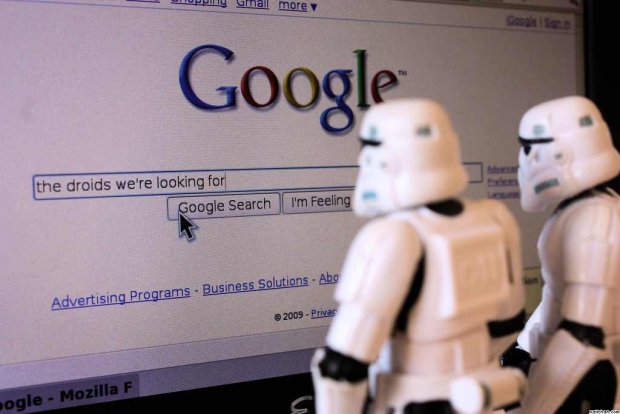The change is coming as Google is about to settle a lawsuit that accuses the firm of spying on people who use Chrome's Incognito mode. The new warning was spotted in Chrome Canary, a test version for developers. The warning confirms one of the lawsuit's claims that the Incognito mode's warning doesn't say that Google collects data from users of the private mode.
Many intelligent people already know that while private modes in web browsers stop some data from being saved on your device, they don't stop tracking by websites or Internet service providers. But many other people may need to learn what Incognito mode does, so the more apparent warning could help them.
The new warning seen in Chrome Canary when you open an incognito window says: "You've gone Incognito. Others who use this device won't see your activity so that you can browse more privately. This won't change how data is collected by websites you visit and the services they use, including Google." The words could mean that Google and other websites, including others that use Google ads, are still watching you.
The new warning was not in the other versions of Chrome as of today. It wasn't in Chromium either. MSPowerUser reported the change to Canary.
In the standard version of Chrome, Incognito mode still says: "You've gone Incognito. Now you can browse privately, and other people who use this device won't see your activity." The Canary warning changes "browse privately" to "browse more privately."
The old and new warnings both say that your browsing activity might still be seen by "websites you visit," "your employer or school," or "your Internet service provider." But only the Canary warning says that Incognito mode "won't change how websites collect data you visit and the services they use, including Google."
The old and new warnings say that Incognito mode stops Chrome from saving your browsing history, cookies and site data, and information entered in forms but that "downloads, bookmarks and reading list items will be saved." Both warnings link to this page, which gives more details on Incognito mode.
The lawsuit in US court started in June 2020. On December 26, 2023, Google and the people who sued said they reached a deal they planned to show to the court for approval in 60 days. A trial by jury was set to start on February 5.
A new complaint filed in March 2023 said Google broke federal wiretap law, California's Invasion of Privacy Act, California's Computer Data Access and Fraud Act, and California's Unfair Competition Law. It also said Google invaded privacy, intruded on people's lives, and broke its contract.
"Google's Privacy Policy, Privacy 'Controls,' and 'Incognito Screen' each lie that users can stop Google's collection by using 'Private Browsing Mode,'" the lawsuit said. Talking about the current Incognito screen's promises, the people who sued said:
Based on these Google comments, during the time of the lawsuit, the people who sued and others thought that Google would not collect their data while in Incognito mode. They thought "You've gone incognito" and "Now you can browse privately" meant they could browse privately, without Google's tracking and data collection.
Google could have told the truth on this Incognito Screen that Google would track users and collect their data while they were browsing privately, but Google didn't do that. Instead, Google said things to make users think that they had "gone incognito" and could "browse privately" with only a few exceptions, none of which said Google's own tracking and data collection while users were in a private browsing mode.
The lawsuit went on to say that "Google's code keeps sending the user's browsing history and other data straight to Google's servers during users' private browsing sessions," that "the session is not 'private' at all, and 'other people who use this device' will still know what previous users did by way of targeted ads from Google based on browsing activity that happened during the 'private browsing,'" and that user "activities are seen by Google, which keeps tracking users, intercepting their messages, and collecting their data while they are in Incognito mode and other private browsing modes."

